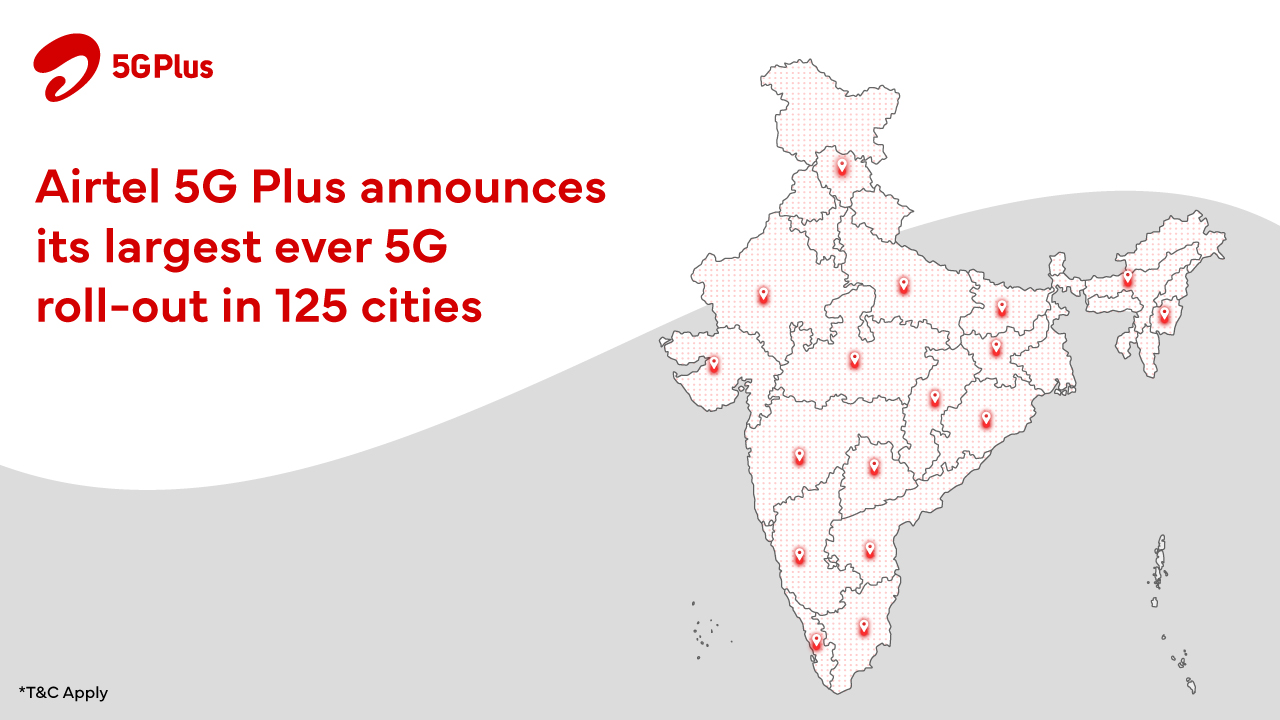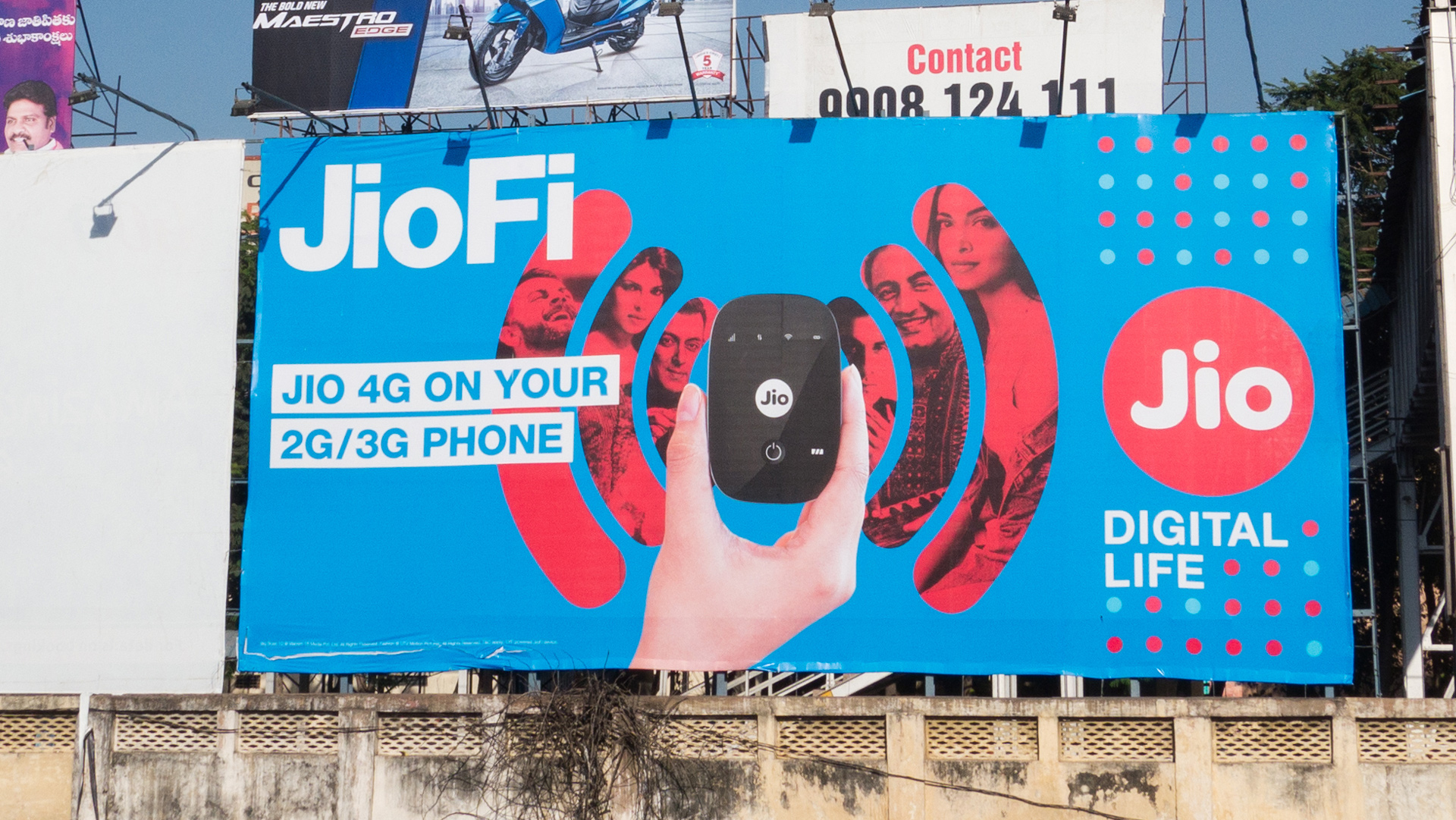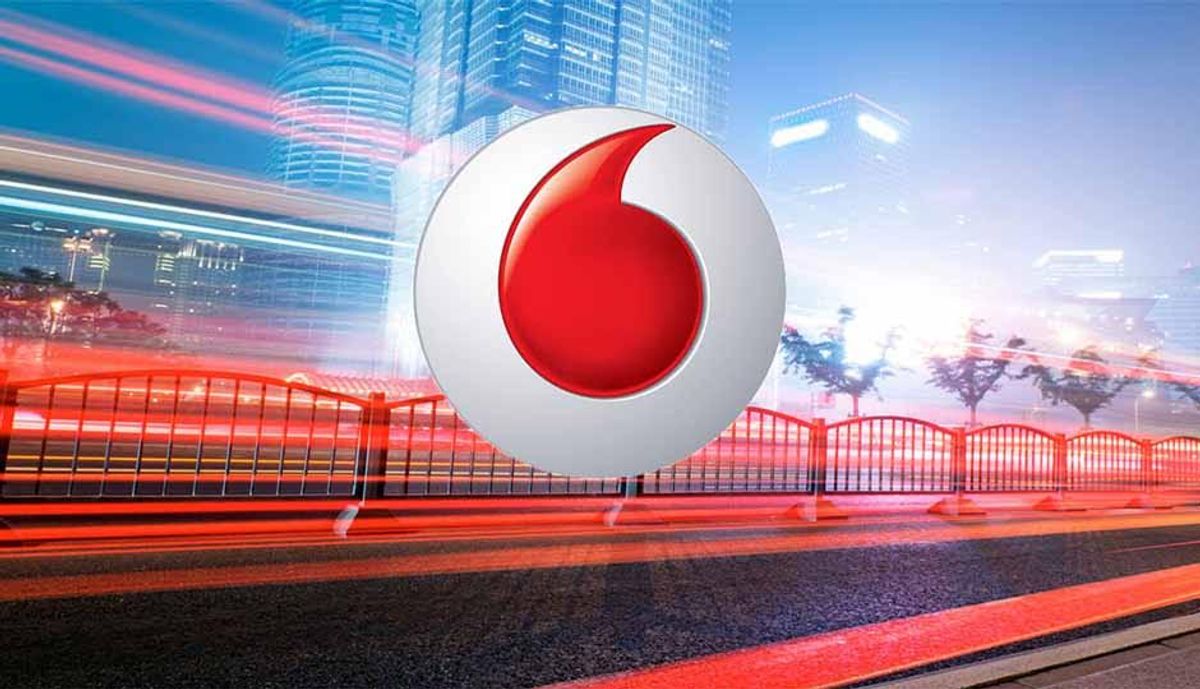Mobile Services
Fortinet advises CISOs to mitigate risks from BYOD, BYOA


Rajesh Maurya, Regional Vice President, India & SAARC at Fortinet.
NEW DELHI: Cybersecurity solutions provider, Fortinet has warned that the significant rise of bring-your-own-device (BYOD) and bring-your-own-application (BYOA) usage among today’s mobile workforce across Asia Pacific (APAC) are exposing corporate networks to more complex cybersecurity issues through shadow IT, data leakage and the cloud.
Employees now expect to have their mobile devices with them at all times, and to be able to access the information they need to perform their job from their devices at any location. To meet these needs, firms are increasingly allowing staff to connect to the corporate network from their personal devices, with little control over application use.
According to IDC Asia Pacific’s Enterprise Mobility Survey 2017, BYOD has become the primary choice in organizations, with 31 percent preferring this approach compared to 19 percent in 2015. Meanwhile, a recent Global Market Insights report projected the global BYOD market size to be valued at US$366.95 billion by 2022, with APAC forecast to be the fastest growing region at 20.8 percent CAGR.
“Enterprises large and small are going mobile,” said Rajesh Maurya, Regional Vice President, India & SAARC, Fortinet.
“While embracing BYOD and BYOA will certainly bring cost reduction, increased employee productivity and efficiency as well as employee retention, there are significant risks in allowing unprotected devices and applications to access corporate networks and digital resources,” he added.
A recent industry survey has revealed that about 65 percent of organizations are now allowing personal devices to connect to corporate networks, with 95 percent of CIOs stating concern over emails being stored on personal devices, and 94 percent being worried about enterprise information stored in mobile applications.
To benefit from BYOD and BYOA without compromising network security or losing visibility into classified data use, Indian organizations must address three major cyber security concerns:
• Shadow IT – Strict policies on the applications and services employees are allowed to use on their devices can result in staff circumventing this security protocol to acquire solutions that will help them do their job more efficiently. This can present a major security risk, as IT teams struggle to secure data on applications they do not know about, or ensure that these applications are updated with the latest patches. If data on employees’ devices is breached, it is unlikely that IT teams will know about it and be able to implement proper incident response protocols.
• Data Leakage – Data leakage refers to the unauthorized movement of corporate data from the secured datacenter to an unauthorized device or location. This often occurs when employees transfer files between corporate and personal devices, or when they have access to privileged data not essential to their roles. As cloud and SaaS application use become more common and the number of connected endpoints increase, IT teams often lose visibility into data use and movement. To minimize data leakage, CISOs should consider implementing access controls and network segmentation that gives clear visibility into how data is used and moved both across the network perimeter as well as laterally across the network.
• Application Security – On average, organizations have 216 applications running within their organization, not taking into account personal applications stored on employee-owned devices. As these endpoints and applications converge and connect to the network, in-depth application security is necessary. This is especially true in cloud-based applications, where it can be difficult for IT teams to enforce the standard security policies of their organizations.
“To ensure data security in the age of the mobile workforce, CISOs have to take a layered approach to security that provides visibility into data movement across the network,” added Maurya
“Specifically, this security protocol should incorporate application security, endpoint security, network segmentation and cloud security, in addition to standard network perimeter defenses such as firewalls,” he said.
5g
Airtel announces its largest ever 5G roll-out in 125 cities

NEW DELHI: Bharti Airtel, India’s telecommunications services provider, today announced the launch of its ultra-fast 5G services in 125 cities. Airtel 5G Plus service is now available to customers in over 265 cities in the country.
Airtel 5G Plus has three compelling advantages for customers. First, it runs on a technology that has the widest acceptance in the world with the most developed ecosystem. This ensures that all 5G smartphones in India seamlessly work on the Airtel network. Second, the company promises to deliver the best experience – between 20 to 30 times higher speeds than today coupled with brilliant voice experience and super-fast call connect. Finally, Airtel 5G Plus network will also be kinder to the environment with its special power reduction solution. Powered by the reliable Airtel network infrastructure, Airtel 5G Plus will provide superfast access to High-Definition video streaming, gaming, multiple chatting, instant uploading of photos et all.
Commenting on the launch, Randeep Sekhon, CTO, Bharti Airtel said, “5G has revolutionized the world of internet, ushering new era of connectivity and communications that will prove to be a game-changer for the country. At Airtel, we remain committed to delivering the highest quality of network and service to our customers as we roll-out 125 more cities today. Airtel was the first in the country to offer 5G services in October 2022, and today’s mega launch is our promise to connect every Airtel customer in the country with ultra-fast Airtel 5G Plus. Our 5G rollout is on track to cover all towns and key rural areas by March 2024.”
Airtel 5G Plus service availability will continue to rapidly expand – including service in all towns and villages in the country soon – as the company is working towards offering nationwide coverage. Airtel is now offering its 5G services in every major city from the upper northern city of Jammu to the southern tip of Kanyakumari.
In the last one year, Airtel has demonstrated the power of 5G with a host of powerful use cases that will change the way customers lead their lives and do business. From India’s first live 5G network in Hyderabad to India’s first private 5G network at the BOSCH facility in Bengaluru to partnering with Mahindra & Mahindra to make its Chakan manufacturing facility, India’s first 5G enabled auto manufacturing unit, Airtel has been at the forefront of 5G innovation.
5g
Apple rolls out beta programme for iPhones to enable 5G services

NEW DELHI: Apple Inc has rolled out a beta programme to enable 5G on Apple devices as the upgrade lets users try out pre-release software.
This software upgrade enables 5G access on Apple devices, as and when service providers Jio, Airtel and Vodafone enable 5G network access, sources said.
Apple Users have to enrol for the Beta Programme on the website, install a profile and download the software.
Jio users using iPhone 12 and above, in cities where JioTrue5G has been rolled out, will be invited to the Jio Welcome Offer. Jio Welcome Offer provides unlimited 5G data at up to 1 Gbps speed to users at no additional cost. However, there is a condition that prepaid users must be on active Rs 239 and above plan. All Postpaid users are eligible for this trial.
Airtel is not providing any special 5G offer like Jio to their users. In the cities/areas in which the Airtel 5G network has been launched, users can trial 5G services as a part of their existing plan, once they have updated the latest Apple Beta software.
While an email sent to Apple did not solicit an immediate response, the firm had last month stated: “We are working with our carrier partners in India to bring the best 5G experience to iPhone users as soon as network validation and testing for quality and performance is completed. 5G will be enabled via a software update and will start rolling out to iPhone users in December”.
Airtel and Jio customers on iPhone 14, iPhone 13, iPhone 12 and iPhone SE (3rd generation) models can experience 5G as part of Apple’s iOS 16 Beta Software Program. The Apple Beta Software Program is open to anyone with a valid Apple ID who accepts the Apple Beta Software Program Agreement during the sign-up process.
If a user has an iCloud account, that is an Apple ID, it is recommended they use that. If they do not have an iCloud account or any other Apple ID, they can create one.
Customers who want to try the beta software should back up their iPhones before installing the beta software. It is recommended to install the beta software only on non-production devices that are not business-critical. Users can also provide feedback to Apple on quality and usability, which helps Apple identify issues, fix them, and make Apple software even better.
The iOS beta comes with the built-in Feedback Assistant app, which can be opened from the Home screen on the iPhone or iPad or from the Dock on the Mac.
Source: Press Trust of India
5g
Nokia wins multi-year deal with Reliance Jio India to build one of the largest 5G networks in the world

NEW DELHI: Nokia has announced that it has been selected as a major supplier by Reliance Jio to supply 5G Radio Access Network (RAN) equipment from its comprehensive AirScale portfolio countrywide in a multi-year deal. Reliance Jio is India’s number one mobile operator and has one of the largest RAN footprints in the world.
Under the contract, Nokia will supply equipment from its AirScale portfolio, including base stations, high-capacity 5G Massive MIMO antennas, and Remote Radio Heads (RRH) to support different spectrum bands, and self-organizing network software. Reliance Jio plans to deploy a 5G standalone network which will interwork with its 4G network. The network will enable Reliance Jio to deliver advanced 5G services such as massive machine-to-machine communications, network slicing, and ultra-low-latency.
Akash Ambani, Chairman Reliance Jio, commented: “We are pleased to be working with Nokia for our 5G SA deployment in India. Jio is committed to continuously investing in the latest network technologies to enhance the experience of all of its customers. We are confident that our partnership with Nokia will deliver one of the most advanced 5G networks globally.”
Pekka Lundmark, President and CEO at Nokia stated: “This is a significant win for Nokia in an important market and a new customer with one of the largest RAN footprints in the world. This ambitious project will introduce millions of people across India to premium 5G services, enabled by our industry-leading AirScale portfolio. We are proud that Reliance Jio has placed its trust in our technology and we look forward to a long and productive partnership with them.”
Nokia has a long-standing presence in India. This new deal will mean that Nokia is now supplying India’s three largest mobile operators.














